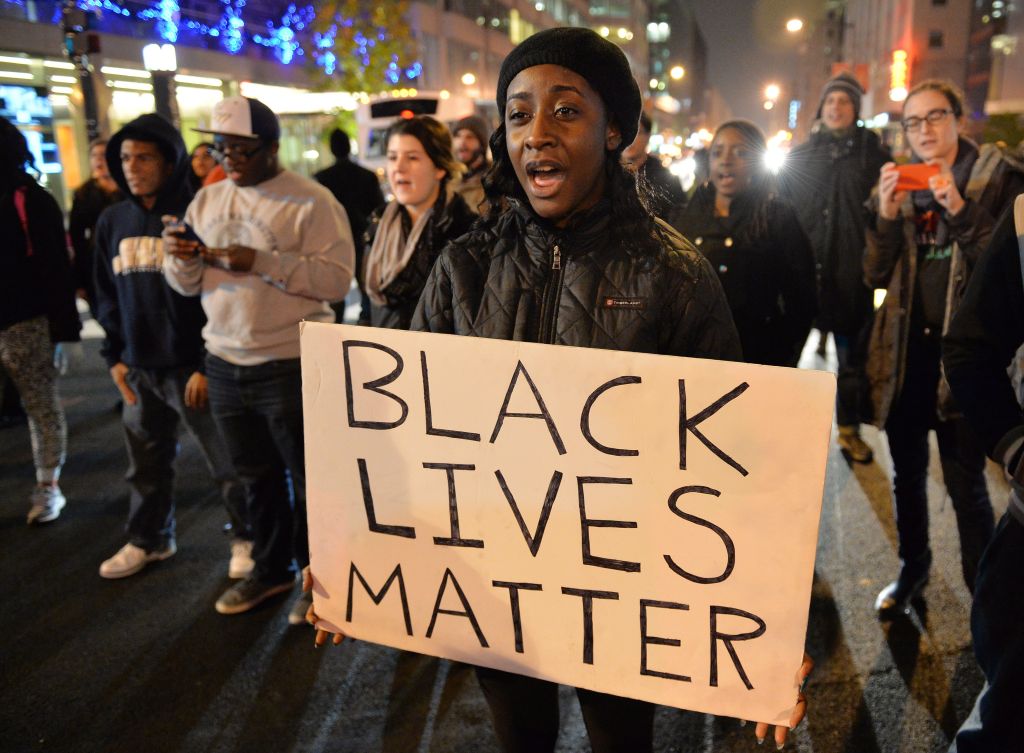
Source: Getty / Getty
High school senior Ziad Ahmed was completing an application for Stanford University when he was posed with this question: “What matters to you, and why?”
His answer? #BlackLivesMatter written 100 times.
Ahmed received an acceptance letter from the school on Friday. The next day, Ahmed tweeted this:
“I was actually stunned when I opened the update and saw that I was admitted,” Ahmed told Mic. “I didn’t think I would get admitted to Stanford at all, but it’s quite refreshing to see that they view my unapologetic activism as an asset rather than a liability.”
Ahmed continued to speak about his support for Black Lives Matter: “To me, to be Muslim is to be a BLM ally, and I honestly can’t imagine it being any other way for me…furthermore, it’s critical to realize that one-fourth to one-third of the Muslim community in America are Black…and to separate justice for Muslims from justices for the Black community is to erase the realities of the plurality of our community.”
It’s great to know there are youth approaching social justice with an intersectional lens.
Ahmed already has a long history of activism and political engagement. The Bangladeshi-American teen has been invited to the White House Iftar dinner and was honored as a Muslim-American change-maker under the Obama administration. He also interned for Hilary Clinton‘s 2016 presidential campaign and he gave a TedxTalk in Panama City, Panama, discussing the dangers and impact of stereotypes as a Muslim teen.
When asked why he didn’t expand on his #BlackLivesMatter writings on his Stanford application, Ahmed said, “The insistence on an explanation is inherently dehumanizing.” He continued, “Black lives have been explicitly and implicitly told they don’t matter for centuries, and as a society — it is our responsibility to scream that Black lives matter because it is not to say that all lives do not matter, but it is to say that Black lives have been attacked for so long, and that we must empower through language, perspective, and action.”
















